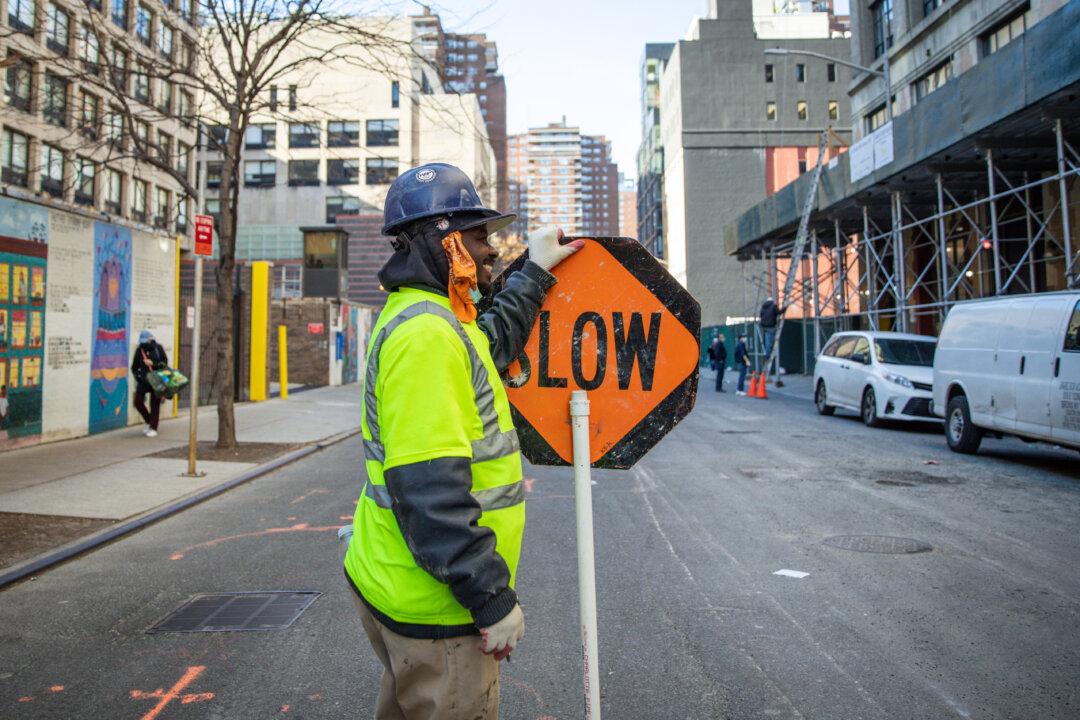The CEO of a national trade association representing more than 21,000 members across the country says there are a number of ideas and proposals in the $2.3 trillion infrastructure plan that would hurt taxpayers and those in the construction industry.
Michael D. Bellaman, president and CEO of Associated Builders and Contractors, said that while infrastructure is something in need of funding and repair, the projects, many of which relate to social infrastructure, seem to be “more politically driven.”





